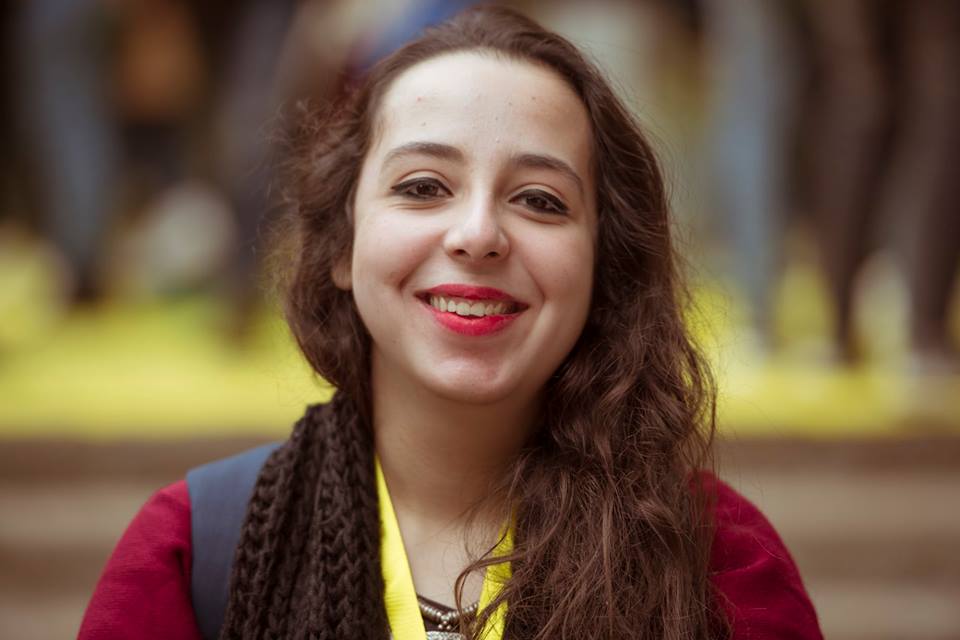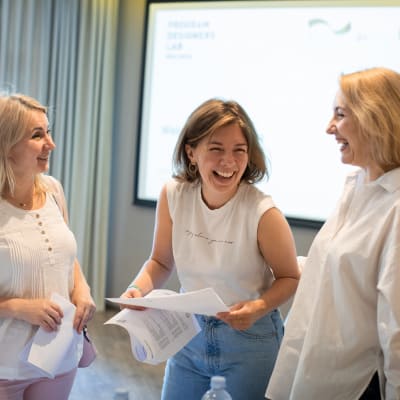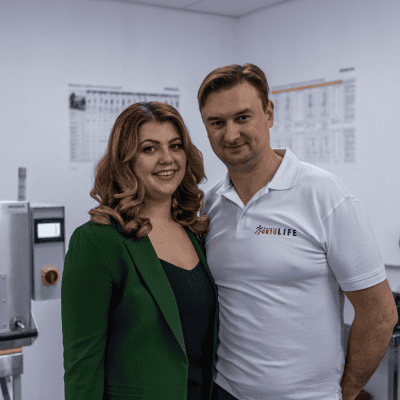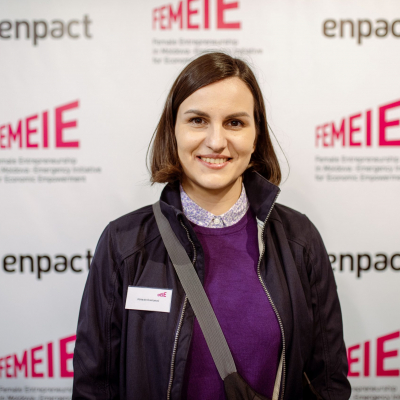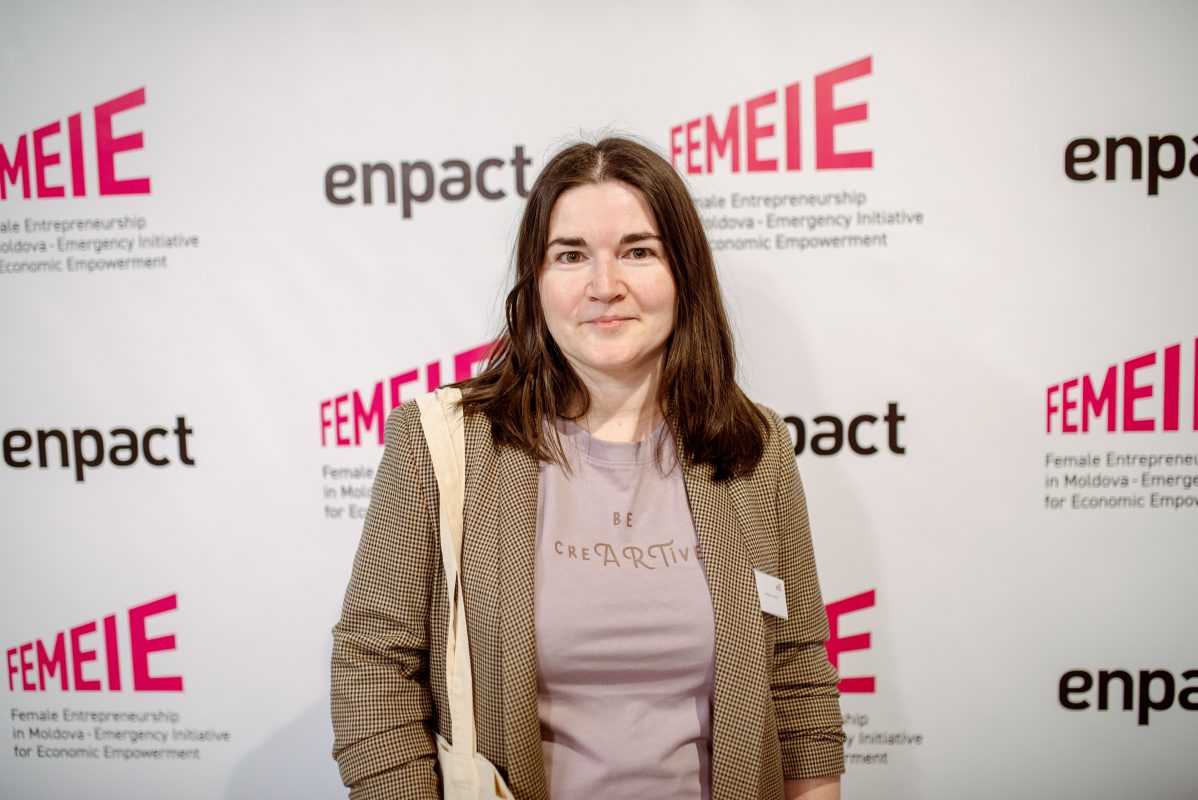
Everyone has a book inside of them
The first instance of writing in human history is believed to have occurred over 5,500 years ago, where people first started using tools and symbols to document their experience.
Since then, writing has been an integral part of the human experience. We write to express, to communicate, to say: I was here.
While writing is present in every aspect of our lives, we often think of books and authors when the subject is brought up. If you’ve ever thought about putting your own experiences into a book before, then you know how extensive of a process it could be. There are a lot of steps to consider; where to start, how to decide on which idea to pursue, how to hone your craft, how to manage your time, and how to turn the work from word documents on your computer to a published paperback in someone’s hands.
Meet Natalia Kovrygina, writing coach and copywriting expert, who is working to make that process easier and more accessible for aspiring writers in Ukraine and Moldova.
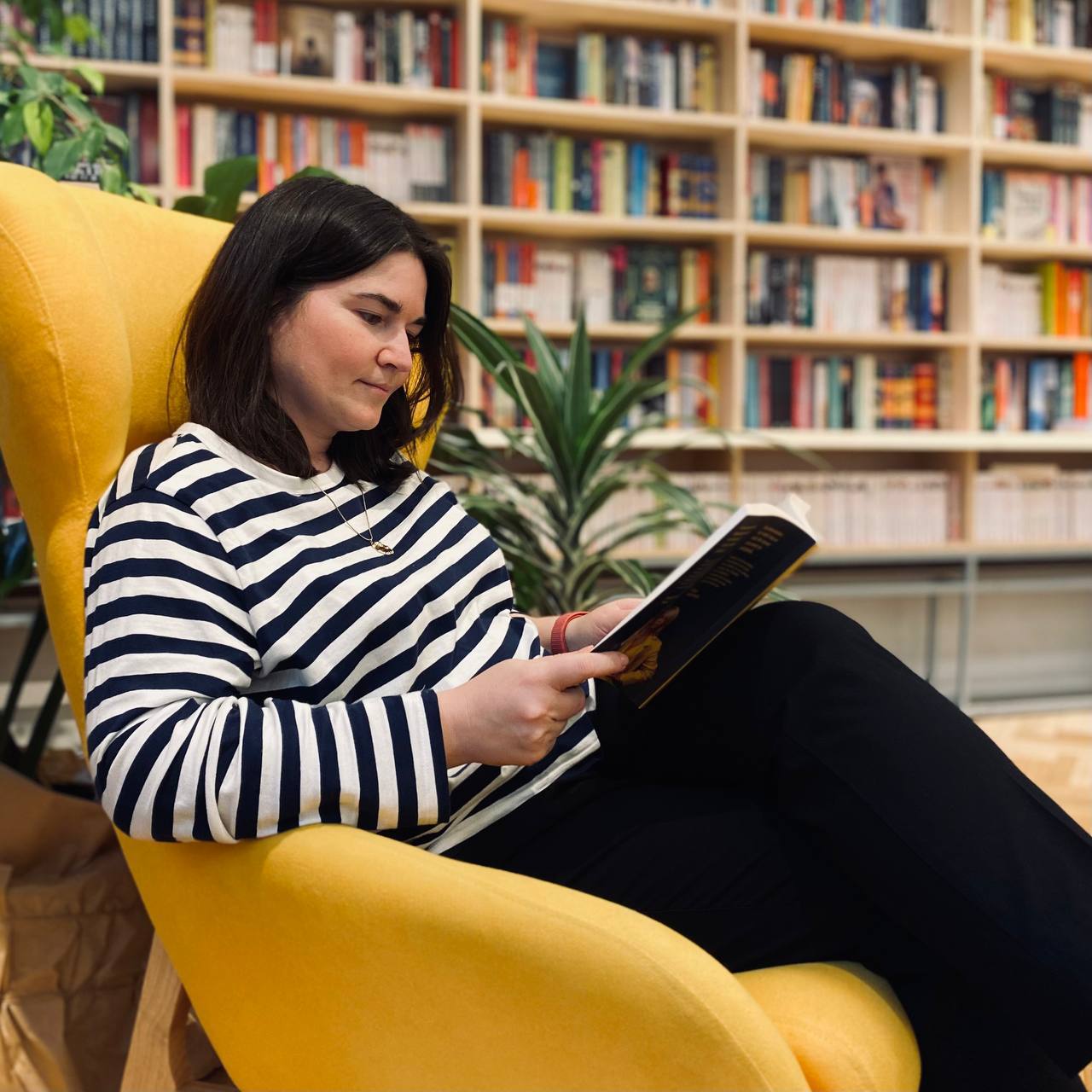
Natalia Kovrygina worked for 18+ years as a copywriter, developing advertisement campaigns, texts and slogans. Once she gained more experience, she decided to write a book where she could share her professional experience, present insights and learnings. Titled “Everyday life of a copywriter”, or “Будні копірайтера” in Ukrainian, the book took three attempts before it came to be. During the process, Natalia became familiar with the struggles of writing a book; putting it all together, editing, publishing and promoting it.
She then decided to shift her career from being a copywriter to a writing coach, in order to help other authors who are trying to navigate this process and get their ideas out there. Since she started working as a writing coach two years ago, she has supported over 40 authors through both one-time consultations and long-term support.
“For me, writing is a really important experience. You leave something behind you in this world, you pass on your experience, journey, life and knowledge.”
Writing as a tool for documentation
At first, when the Russian war of aggression against Ukraine started, Natalia’s operations stopped like everyone else’s.
“I remember worrying that books are really the last priority anyone would have right now. But, as the months went by, my clients started returning, wanting to continue writing, wanting to continue sharing their stories. It’s even more important in times of war to document these memories, when things aren’t okay. Because if we don’t do this now, then when?”
Natalia was one of the 750,000 Ukrainians who had to leave their lives behind and move to Moldova and start over after the onset of the war. She continued her work from there.
“Everyone has a book inside of them. One of the projects I’m working on now is with a 26 year old soldier who reached out to me because he wanted to keep following his dream of writing a book despite the war, and is now writing poetry about his experience.”
During times of war, it becomes even more necessary for people to document their experiences, their hopes and their feelings. It is a tool for preservation, but also for education, for ensuring that people are able to see and understand the realities of war, the injustice and the pain it causes. It is a way to reach out for support, and a way to raise awareness for future generations. On the other side, it is also a tool to communicate that those affected by the war are not alone and they all experience similar feelings.
Looking after your emotional well-being as a consultant
When you are a consultant or coach, regardless of which field or sector you are operating in, you are helping people. You are taking on their challenges, giving them space to voice their concerns, and tools to overcome them and improve their lives.
“You have to be the source of energy for your clients. You go through this personal experience with them, you need to come into the session with a full tank. My biggest challenge has been in trying to maintain that, and to look out for my emotional wellbeing. I’ve been joining online support groups, keeping up my personal routines. It’s really the little things: my son’s name is Patrick, so a tradition in our family is to always celebrate St. Patrick’s day together even if it’s not a holiday usually celebrated around here. Things like that are what help me keep going.”
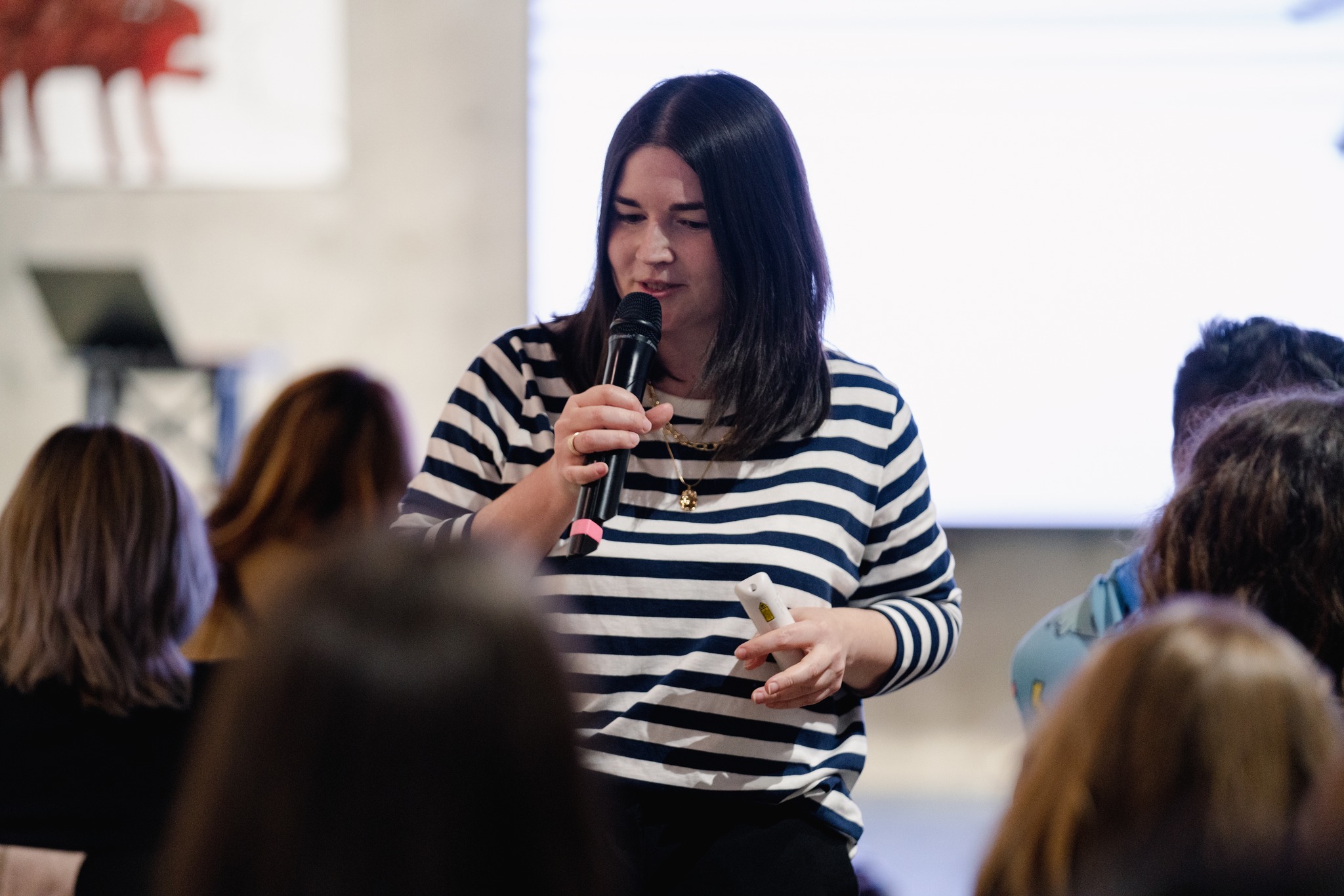
The impact of the program
Natalia reflects on the FEMEIE program as her first experience with an international support program. The most important part for her has been the chance to work with the experts.
“It was really important for me that you believed in my business. My work is very specific, and a lot of people don’t see the value in it in programs like these.”
Throughout the program, Natalia applied the learnings from sessions such as Leadership in Crisis both in her business and in her life. The learnings of the session covered topics like self-leadership as a foundation for your career and your approach to management, leadership in challenging and uncertain times, and creating a toolbox that you can draw from as a leader for problem-solving and coping strategies. She has also improved on her business model during the program and is now preparing a short-term coaching curriculum, which offers a set of consultation for people to write and publish their book in one year, and she’s almost ready to offer it as a product.
Aside from that, Natalia also utilized the financial support to improve her marketing and advertising efforts, acquiring new clients.
“What’s been very interesting for me is getting to see how the program itself works, how the team manages the sessions and the community, I’m learning a lot from that in terms of working with people. There is immense value in being part of a community of women from different backgrounds, different sectors, but yet share one common drive: to do something.”
Natalia was matched with, Viktoriia Bulgak, who is an expert in business development, to be her mentor.
“We share very similar values, and she shares with me her network connections, tips and contacts. It’s interesting to be on the side of the mentee, since I’m usually the mentor for my clients. I learned a lot about how it feels and what the experience is like, and I’m using that to improve my experience with my clients. To sum it up, the FEMEIE program for me is: experience, inspiration and support.”
What would you say to other women who are aspiring to become leaders and create a difference?
Even if your idea seems to be strange or unusual, you have to follow it and trust in your desire to make it happen. Don’t be afraid to start from zero.
The ‘Female Entrepreneurship in Moldova – Emergency Initiative for Economic Empowerment’ (FEMEIE) program was created to provide direct support for Moldovan entrepreneurs and displaced Ukrainian entrepreneurs in Moldova, with a specific focus on supporting women. To create a comprehensive, sustainable and empowering network, the program will provide a support center in Moldova, financial support, access to global network and resources, and entrepreneurship education and training.
